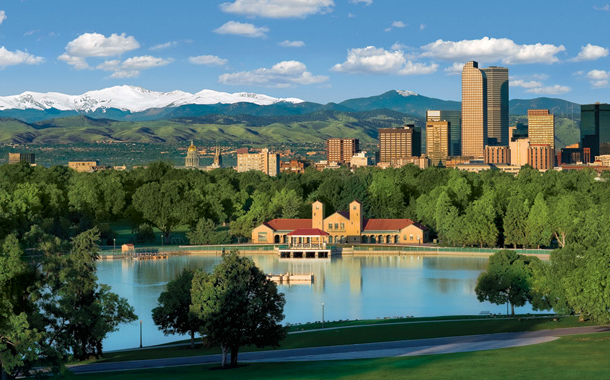Since 2007, the number of licensed public adjusters in Colorado has jumped from 43 to 267 with nonresidents fueling almost all the growth. Public adjusters have a strong presence in the Northeast and hurricane-prone Gulf states but are gaining a foothold in Colorado. They’ve been attracted by a run of devastating wildfires, hailstorms and weak regulations that make it easy for out-of-state operators to set up their businesses there.

Peter Romero of Unity Adjustments in Colorado, chose Colorado Springs for his business over other areas because the devastation was concentrated making it easier to organize meetings. More than 345 homes were destroyed in the Waldo Canyon fire, the most destructive wildfire in state history. Unity Adjustments, a nonprofit, has won grants to provide fire recovery workshops in Colorado and gets funding from public adjusters and attorneys.
The influx of non-resident public adjusters after severe wildfires swept Colorado, prompted the Colorado Division of Insurance to urge consumers to check licensing, references, permanent places of residency and Better Business Bureau complaints before hiring a public adjuster. Regulation is weak according to Bob Hunter, Director of Insurance for the Consumer Federation of America, an advocacy group so it’s important to research public adjusters before deciding to hire one. Scott deLuise, Chief Executive Officer of Matrix Business Consulting and Vice President of the National Association of Public Insurance Adjusters recommends consumers hire only local licensed public adjusters who cite numerous Colorado wildfire survivors as references.
All but five states fully license public adjusters, said Brian Goodman, general counsel of the National Association of Public Insurance Adjusters. About a dozen states cap how much public adjusters can charge. Others restrict soliciting to daylight hours or after a specified amount of time has passed since a disaster. Public adjusters often choose Colorado to locate their business since the bar for becoming a licensed is low and the regulations are minimal. State residents must pass a written exam testing at the minimum level of competence in public adjusting. Nonresidents don’t have to take the test if they are licensed in their home state and have no complaints pending.
Paula Sisneros, Director of Compliance and investigations with the Colorado Division of Insurance said the growing number of out-of-state public adjusters has not gone unnoticed. Colorado already has set a record this year for new nonresident licenses at 55. Sisneros said, “Anytime we see more people from out of state working than from our state working, we ask why.” The insurance division has completed investigations on seven complaints involving public adjusters in recent years, five dealing with unlicensed activity and two with adjustment practices. Barbara Kelley, Executive Director of the Colorado Department of Regulatory Agencies, acknowledged Colorado’s rules are “very nominal.” “Together with our legislative partners, the state will make a decision about going forward in terms of tightening some requirements, adding other accountability issues and looking at how they could strengthen the consumer protection concerns,” she said. deLuise said Colorado’s licensing exams should be more difficult but he opposes fee caps and solicitation bans because he said neither excessive fees or over-aggressiveness have been problems so far.
As disasters and catastrophes trend in certain areas public adjusters will follow as most states require a license in the state they practice in. The East Coast and Gulf areas experience the highest number of weather-related incidents every year so public adjusters in those areas have the most longevity, because of this though, these states tend to have stricter rules and regulations they must follow. When hiring a public adjuster, check to see how long they’ve practiced in the area and get referrals so you know the reputation of the professionals you’re considering. Be wary of public adjusters who have just relocated following a major event to avoid those who may take advantage of you and your family in the most vulnerable state. It’s best to work with an adjuster who has been in the area for quite some time as they will be most familiar with that state’s insurance and claims process.